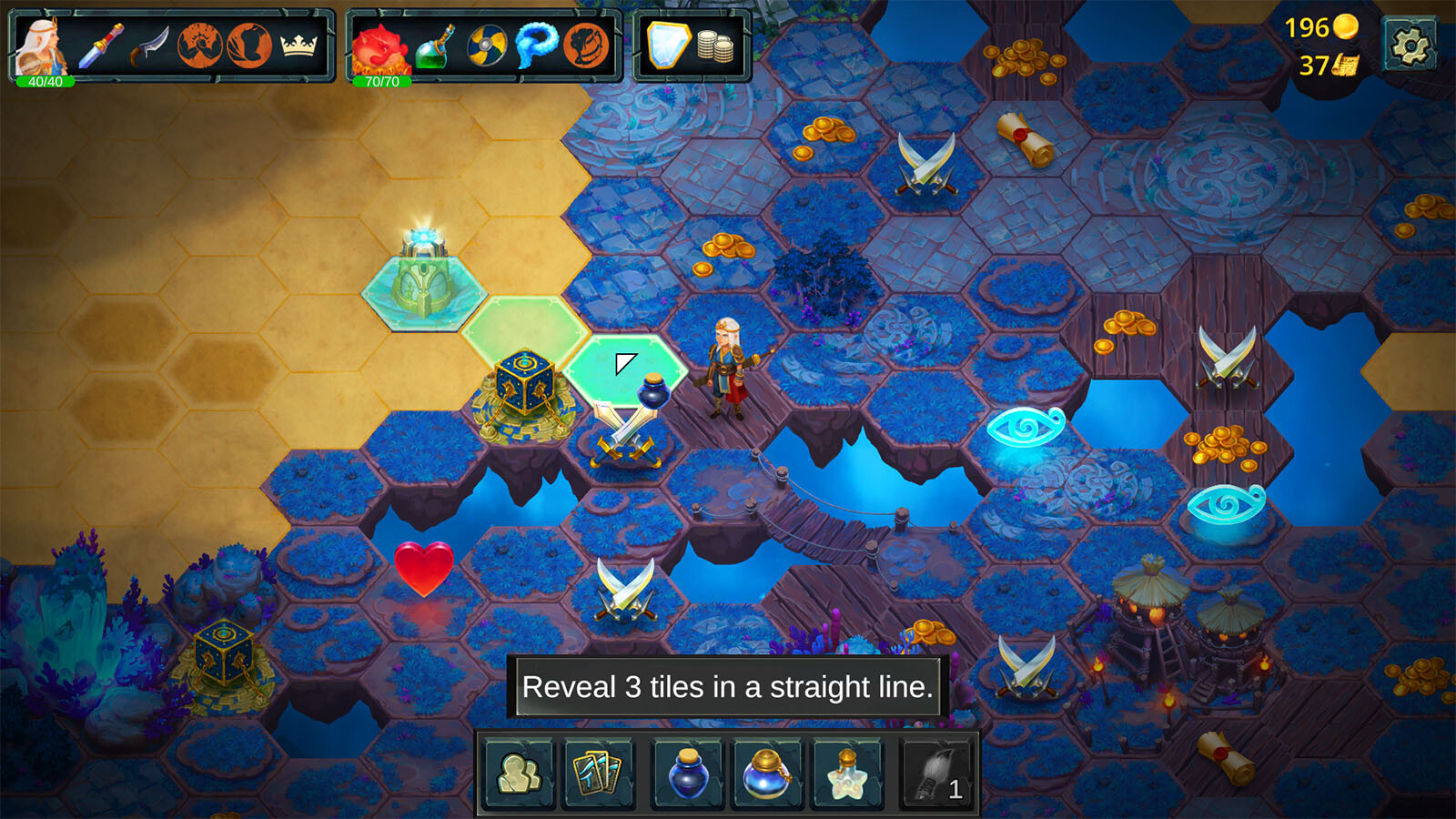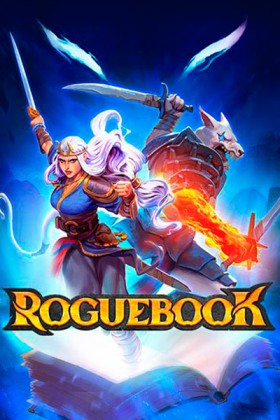
Roguebook's most interesting twist is in gems, which you pick up mid-run and place in sockets on your cards. Finally there's Aurora, an awesome deck design that's fragile on the face of it but can turn clever cardplay into a stream of healing that becomes damage as she overheals. Seifer's a weird one, a pain-fuelled wolf whose all-out offensives are backed up by demon allies. There's Sorocco, an ogre whose deck is all about shrugging off hits while you wind up a giant punch. Sharra's fast and aggressive, but relatively fragile when you can't manage her tricks to avoid damage. Out there you find gold to use at the shop, magic cubes to draft new cards from, adventure events with weird consequences, and combats to flex your deck's muscles against.Ī new run is a chance to experiment with the characters you pick. With your two picks you move into the book's blank pages, a hex grid, and explore by spending limited brushstrokes and ink splats to reveal unmapped parts of the book. Your deck is a combination of two out of the four characters, each with their own unique card set and talents. Its familiar parts are arranged in a new way with a few clever twists. To its credit, and to its detriment, nothing in Roguebook is particularly novel.


Your deck itself even levels up, with your card count giving you points to spend on randomized talents. It even relies on an old deckbuilding staple, asking you to mix-and-match two card pools each run, which was used to such great effect in Monster Train. It has Slay the Spire's flurry of weird artifacts to collect and use. It pulls in a Hades-esque buffet of advanced challenges to mix and match after you first "beat" the game. Roguebook lifts some great design from other recent roguelite games.


 0 kommentar(er)
0 kommentar(er)
